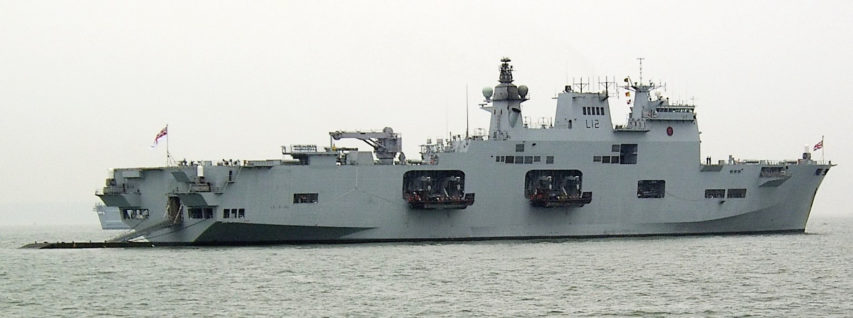Tim Worstall explains why sensible economists aren’t worried about robots taking all our jobs:
CryptoKitties is also so new that it needs explanation. It works on blockchain, so it’s sexy (Bitcoin!), although there’s no great reason why it should. It’s simply a collectible, as much as cigarette, football or baseball cards were. AN Cat exists digitally, others do too, they can breed and, as in a pretty standard Mendelian model, attributes are inherited to varying degrees.
People are willing to spend real money on gaining the attributes they want. All the blockchain element is doing is keeping track of who owns what – a pretty good use for blockchain even if a payment system might not be, an ownership registry being a different thing.
Apparently, 180,000 people are into collecting CryptoKitties now, having spent some $20m of real-world resources on their fun.
And this is why economists aren’t worried about automation leaving us with nothing to do. Partly, it’s this inventiveness on display, the things that humans will find to do. Breeding digital cats? But much more than that, it’s about the definition of value.
And here’s where Maslow enters the discussion:
there’s something called Maslow’s pyramid, often known as Maslow’s hierarchy of needs. We humans like our sleep, water, food and sex – and in roughly that order too. Only when one need earlier in the chain is at least partially sated will we get excited about finding more of the next. In a modern society most of these are well catered to, which is why we also desire, even demand, things further up the pyramid, such as TV shows, ballet, Simon Cowell, collectibles and so on.
It’s also true that economists insist this value is personal. It’s whatever value the individual places upon the whatever, market prices being the average of those summed. Just as we cannot say that one form of production creates more value than another, we cannot say that £10 of value in a collectible is lesser than £10 in food. We can, as in the pyramid, say that if the food desire isn’t partially sated then the collectible won’t be thought about, but order of desire isn’t the same as value.
All of which leads to “no worries she’ll be right” about automation. Say the robots do come in and steal all our jobs, and the algorithms do all the thinking – we’re not going to be left starving and bereft with nothing to do.
We’ll not be starving because the machines will now be doing everything. If they fail to do something as obvious as growing food, then we’ll all have jobs growing food. In fact, given the machines are making everything so efficient, we’ll all be stunningly rich – for all production must be consumed, that’s just an accounting identity.
But what are we going to do if we’ve not got those jobs? One answer is that we’ll start producing things further up the pyramid. More ballet, more poetry, more trifles like that. Why not? That’s what we’ve done every other time we’ve beaten the scarcity problem with more basic items, it’s the basis of civilisation. Only once we don’t need 100% of the people in the fields growing food can we have some portion of everyone off doing the civilisation bit.
But doesn’t this mean that we’re all going to end up doing terribly trivial things? Yep, it sure does. There are people out there making a very fine living from kicking a ball around, something that four centuries ago would have been considered total frivolity compared to growing food or chopping heads off enemies. The machine-driven future will have people doing what we today consider to be frivolous.




 After each Vikings game, head coach Mike Zimmer is contractually obligated to talk to the local press for at least a few minutes. Although he’s getting better at hiding it, this is the part of his job he likes the least. As a result, he resorts to speaking a certain coded language that only The Daily Norseman‘s
After each Vikings game, head coach Mike Zimmer is contractually obligated to talk to the local press for at least a few minutes. Although he’s getting better at hiding it, this is the part of his job he likes the least. As a result, he resorts to speaking a certain coded language that only The Daily Norseman‘s 

